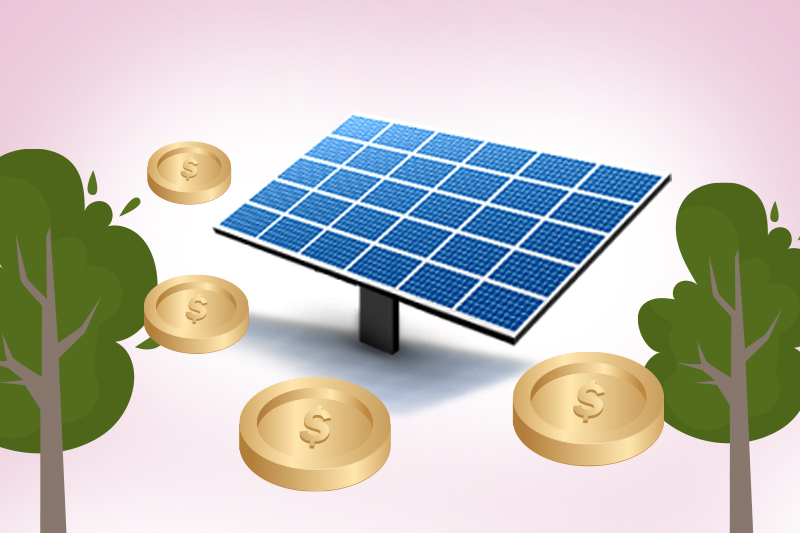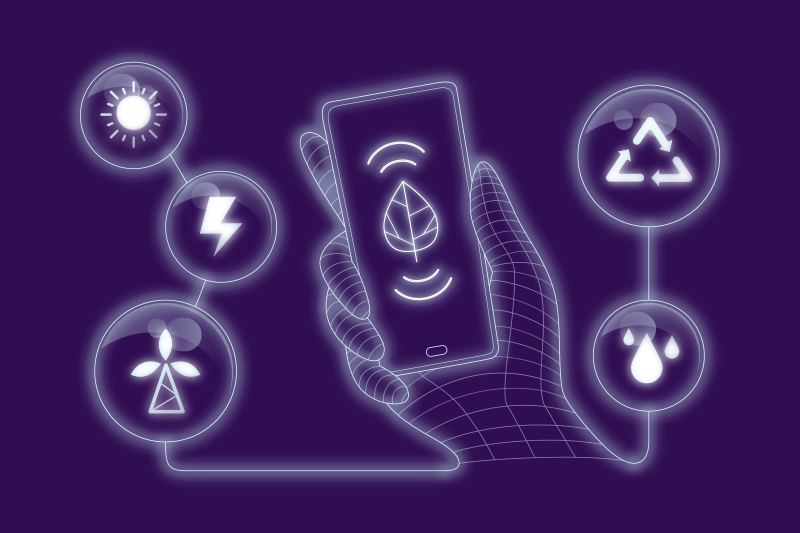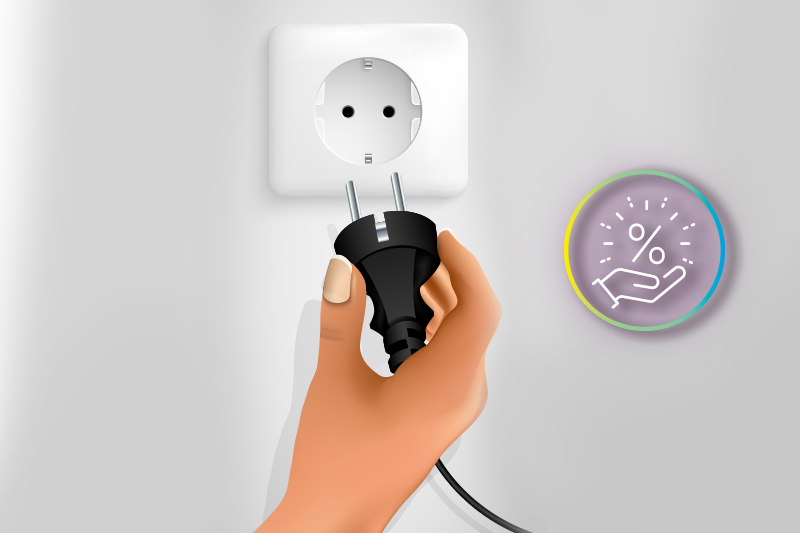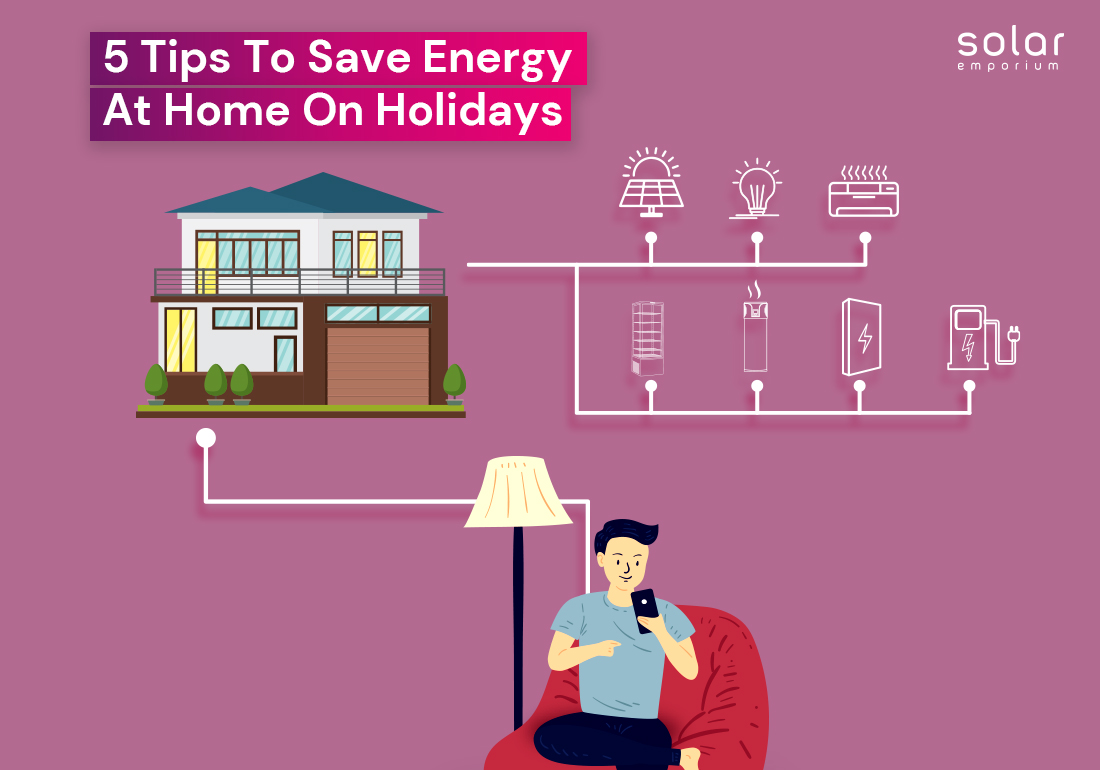We’ve entered one of the most beautiful periods of the year—the holiday season. It’s a time dedicated to enjoying the company of family, festive activities, and various holiday traditions.
However, this extended celebration period often means that energy-saving practices might be overlooked at home.
Saving energy during the holidays in Australia is not only environmentally friendly but also helps you reduce your energy bills. Here are five tips to save energy at home during the holiday season:
Use Energy Efficient Appliances
Using energy-efficient appliances during the holidays can significantly contribute to saving energy at home. Here’s how:
Lower Energy Consumption: Energy-efficient appliances are designed to use less energy while performing the same tasks as their traditional counterparts.
When you use energy-efficient appliances for cooking, lighting, and other holiday-related activities, you consume less electricity. This leads to lower energy bills and reduces your overall energy footprint.
Smart Technology Integration: Some energy-efficient appliances come equipped with smart technology that allows you to monitor and control them remotely.
Using smart features, you can ensure that devices are turned off when not in use, set timers for cooking, and optimise energy usage based on your specific needs. This level of control can lead to more efficient energy utilisation.
Standby Power Reduction: Energy-efficient appliances often have lower standby power consumption. Standby power, also known as vampire power or phantom load, refers to the energy used by devices when they are turned off but still plugged in.
Energy-efficient appliances are designed to minimise this standby power, further reducing unnecessary energy consumption.
Environmental Impact: Energy-efficient appliances not only save you money but also have a positive impact on the environment. By reducing your energy consumption, you contribute to lower greenhouse gas emissions and help conserve natural resources.
Using energy-efficient appliances during the holidays promotes energy savings, lowers utility bills, and reduces environmental impact.
Whether it’s cooking, decorating, or lighting your home, choosing energy-efficient options can make a significant difference in overall energy consumption during the festive season.
Invest In Solar Energy Beforehand

Investing in solar energy during the holidays can be a wise decision that brings long-term benefits for saving energy at home. Here’s how investing in solar energy can contribute to energy savings:
Renewable and Sustainable: Solar energy is a renewable and sustainable source of power. By installing solar panels on your property, you harness the power of the sun to generate electricity.
This reduces your dependence on non-renewable energy sources and helps to mitigate environmental impact.
Lower Electricity Bills: Solar panels generate electricity from sunlight, and any excess energy produced can be fed back into the grid. This often results in net metering, where you receive credits or a reduction in your electricity bill.
Over time, the upfront investment in solar panels can lead to significant savings on your monthly energy expenses.
Energy Independence: Solar energy provides a degree of energy independence. By generating your electricity, you are less reliant on the grid and susceptible to fluctuations in energy prices.
This independence can be particularly advantageous during peak energy consumption times, such as holidays when electricity demand may be higher.
Tax Incentives and Rebates: Many governments offer tax incentives, rebates, and other financial incentives to encourage the adoption of solar energy. By investing in solar during the holidays, you may take advantage of these benefits, reducing the overall cost of installing solar panels.
Environmental Benefits: Solar energy is a clean and environmentally friendly power source. By choosing solar, you contribute to the reduction of greenhouse gas emissions and air pollution.
It aligns with the spirit of sustainability and eco-consciousness often emphasised during the holiday season.
Increased Home Value: Installing solar panels can increase the resale value of your home. Many homebuyers are interested in energy-efficient features, and a solar energy system can be an attractive selling point.
It adds a sustainable and cost-saving element that appeals to environmentally conscious buyers.
Long-Term Investment: Solar panels have a long lifespan and require minimal maintenance. Once installed, they can provide reliable energy for decades. The initial investment in solar is a long-term strategy that pays off over time with consistent energy savings.
While the initial cost of installing solar panels may be a significant investment, the long-term benefits are numerous. In terms of energy savings, reduced environmental impact, and potential financial incentives, it is a valuable consideration.
It gets more efficient during the holiday season when energy consumption tends to be higher.
Contact Solar Emporium to get the best deal on the best solar panel system. Check out the solar packages and enjoy the power of the sun.
Unplugging Your Appliances
Unplugging appliances during the holidays is a simple yet effective way to save energy at home. Many electronic devices and appliances continue to consume energy even when turned off, contributing to “phantom” or standby power usage.
By unplugging devices such as chargers, electronics, and small appliances when they’re not in use, you eliminate this unnecessary energy drain.
This practice is particularly relevant during the holiday season when homes often see an increase in the use of decorative lights, cooking appliances, and electronic gadgets.
Implementing this small habit not only reduces energy consumption but also contributes to lower electricity bills and a more environmentally conscious and energy-efficient home during the festive period.
Energy-Efficient Lighting and Cooking

LED Lights for Decorations: Opting for LED (light-emitting diode) holiday lights is an excellent example of using energy-efficient technology. LED lights use up to 80% less energy than traditional incandescent lights, and they last much longer.
By decorating your home with LED lights, you can enjoy a festive atmosphere while keeping your energy consumption in check.
Energy-Efficient Cooking: Many modern kitchen appliances, such as ovens, stovetops, and refrigerators, come with energy-efficient features.
Convection ovens, for example, distribute heat more evenly and cook food faster, reducing overall cooking time and energy consumption.
Energy-efficient appliances can contribute to significant energy savings, especially when preparing large holiday meals.
Have an Energy Efficient HVAC System
Investing in an energy-efficient HVAC (heating, ventilation, and air conditioning) system is a smart strategy to save energy during the holidays.
During this festive season, when homes typically experience fluctuations in temperature due to cooking, gatherings, and increased activities, an energy-efficient HVAC system optimises its performance.
These systems are designed to deliver precise heating and cooling, adjusting output based on actual needs. They often come equipped with advanced features like programmable thermostats and zoned heating, allowing for customised temperature control in different areas of the home.
By efficiently regulating indoor climate without unnecessary energy consumption, an energy-efficient HVAC system not only enhances comfort but also reduces overall energy usage, leading to cost savings and a more environmentally responsible holiday season.
Remember that the key to energy savings is mindfulness and making small changes in your daily habits. By incorporating these tips into your holiday routine, you can enjoy a festive atmosphere while reducing your environmental impact and energy costs.
But What if You are away on Holiday?

Pull the Plug on Hungry Appliances Before You Leave
It might be an obvious point, but a lot of people frequently leave appliances in standby mode when they’re not at home or on holiday.
Although the everyday expenses of energy-intensive appliances like microwaves, TVs, and washing machines may appear insignificant, switching them off at the source when you’re away for longer durations can lead to significant savings.
Standby power usage can multiply and cost the average household up to $100 annually. That’s money you and a friend could use for a delightful meal by the hotel fireplace!
Invest in Smart Tech
An excellent way to get ready for your time off is to consider investing in intelligent gadgets like smart plugs.
These devices are helpful in pinpointing places and items that consume a lot of energy, enabling users to control household devices from a distance or turn them off instantly with a simple click.
Examples of how smart plugs can assist in saving energy include overseeing and adjusting appliances like air conditioning units, ensuring they’re not left on unintentionally, or automating security sensor lights.
Switch off
Making a list of energy-hungry devices in your home as you approach your holiday is an excellent way to jog your memory about what needs to be turned off before you leave.
While we often instinctively switch off lights, have you ever thought about more inventive ways to save energy, such as turning off your hot water system when you’re away?
This action, especially for systems with timers, can efficiently cut down on unnecessary energy consumption and swiftly lead to cost savings.
Other handy saving tips for extended holidays include challenging yourself to make use of what’s in the fridge. Not only does this save on energy bills, but it means you can clear out the fridge and switch it off while you’re away.
Reduce, Reuse, and Recycle
This is typically overlooked. There should be a dedicated bin for wrapping paper and old cardboard/gift boxes. Not only was this excellent planning, but it was also a way to reuse and reduce the number of packages and materials every season.
Know what cannot be recycled. But you can recycle cardboard boxes and even those Christmas cards that would sit on the coffee table until February.

